“Frank Enstein” Brings a Fresh Take on an Old Classic
Caitlin Nienabar, RTR 92.1 FM
Caitlin Nineabar: Mary Shelley’s Frankenstein, it’s one of those stories that you can keep telling in really new and exciting ways, and you might have caught Frank Enstein when it was on at the State Theatre last year. It’s a dance interpretation of this story from Co3 Contemporary Dance and if you didn’t manage to catch it, that’s okay because it’s back, this week and we’re catching up with a couple of its stars. Dancers, Andrew Searle, good morning.
Andrew Searle: Good morning.
Caitlin Nineabar: And William Rees, welcome.
William Rees: Good morning.
Caitlin Nineabar: Hello, you’re both from elsewhere, you’ve come from Canberra, William, welcome.
William Rees: Thank you.
Caitlin Nineabar: Andrew you’ve done this show before, you were here in Perth, was it about a year ago?
Andrew Searle: Yes, it was almost bang on a year ago, so it’s nice to be revisiting it.
Caitlin Nineabar: I was just chatting to you off-air about this because it is one of those stories that is, it’s just, I don’t even know when the first time I heard the story of Frankenstein was, it was always just sort of there and we’ve all grown up with it, and it’s one where I’ve never actually gone and read it, and I’ve never seen a movie, but somehow I feel like I know it. How acquainted were you with the Frankenstein story, before doing this role?
William Rees: I had studied it once at school, actually in Drama class, so I knew, little bits of it but I’d never read the whole novel nor had I seen a film of it. So I came in kind of understanding some of the characters and the themes, but I’ve never actually read it.
Caitlin Nineabar: I wonder how many people have actually gone and read that, Mary Shelley Frankenstein, have you done it?
Andrew Searle: Yeah, I actually started it for fun when we started developing the show last year, because likewise I hadn’t read the original story, and it is quite a literary book, so the language is quite strong but it’s nice. The boys have incorporated the same character names from the original. It’s probably not on many people’s reading list.
Caitlin Nineabar: It’s really interesting that there are some of these stories that we just kind of accept and have around us, but we don’t actually have the chance to dive into them, but we do with this show and this is great because it is for young people in particular but also all ages. What’s different about this show than perhaps other interpretations that we might have already seen?
Andrew Searle: I think our production is quite a dance theatre work, so it’s incorporating the physical movements of dance with the theatrical moments of storytelling, I think that’s a nice spin. I think it’s a fun take on the interactions and personalities of these characters and these monsters with Frank, the main architect behind this world. It’s a very accessible show I think because of those reasons that it’s both a mix of theatre and dance so it can appeal to both markets.
Caitlin Nineabar: In my reading about this show, a lot of people talked about the humour and the fun that this show has, whereas your mind might immediately jump into dark, full on territory.
William Rees: That’s a big thing with this show, that it’s incredibly vibrant and it’s incredibly fun to do and fun to watch.
Caitlin Nineabar: And you’ve done it before Andrew, but William this is your first time, how are you finding it because you and Luci Young, who are the stars, you’re both quite young, what’s it like being in a fully professional show?
William Rees: It’s awesome, just straight up, it’s incredibly awesome, and the entire cast and crew are just the loveliest people to work with and I’m so glad that I get to work with them. I think Luci and I are just so grateful that we can do it, and that we can have this opportunity.
Caitlin Nineabar: Take us into the story because this is about, I don’t know if I can convey it with my voice because it’s Frank Enstein. How do you say it, do you say it like that?
Andrew Searle: Pretty much, yeah.
Caitlin Nineabar: So his name is Frank. What does he do? He harnesses electricity from a storm, tell us about what happens to you Frank. What do you do?
William Rees: So, I harness electricity from the storm, and it’s all very cool, very intense. Then I use this power to create people, and then Andrew is the first monster that I create and it’s very much that I am a recluse, like a hermit crab. A lot of the themes comes with that, with the fact that I have a disability, and that is closely worked in with the show. Basically, I want to make these perfect people, and then it all goes a bit haywire.
Caitlin Nineabar: Is it cool to be able to use your body in this role? To be able to have a role that you can just be you? Does that make sense?
William Rees: Yeah, 100% I completely understand what you mean. Being able to be up on stage and using my disability as a way to convey emotion, is something so special, and I just love it, and I love doing this and I hope this is the career that I get to pursue.
Caitlin Nineabar: Amazing, that’s really powerful. We’re joined by Will Rees and Andrew Searle, a couple of the stars of Frank Enstein. It is on stage at the State Theatre this week, starts tomorrow. There’s some really important stuff in this story, obviously it’s a scary tale sure, but, it’s got some real things to say and some real stuff in there, especially for young people who are battling with self-acceptance and belonging. Do you like that element of this story, Andrew?
Andrew Searle: Yes, I think it’s somehow timeless because the world hasn’t really shifted too much; everybody still strives to have a nice group of friends and connect with as many people as they can, and be liked. That is still the main component of the story as Will was explaining, that’s his main aim from the get go to create this little friendship group and actually ends up finding somebody extra special along the way, so I think that all of those elements still connect with especially young people. I think that idea of acceptance and knowing yourself and being confident and being happy in life is always going to be what we all aim for.
Caitlin Nineabar: Totally. Will you mentioned hoping to be able to do this and do these kind of roles, and have a career, because looking at you, you’re still a teenager, you’re still thinking about the future etc. We were talking a second ago, off-air, about a previous role you did in something called Black Sheep, which was quite brutal. Tell us about this?
William Rees: Last year, shooting started about September; I was the lead in a short film called Black Sheep. It was about my character, Felix, who was physically abused at home so then he’s taken under the wing of and older boy, and then it all goes a bit wrong in the end. It’s a bit brutal, it was very fun and intense to shoot and I loved it.
Caitlin Nineabar: And then watching back, you watch yourself do some pretty messed up stuff, which I imagine was a weird experience.
William Rees: Yeah, it really was. It was at a little short film showing in Canberra and the first time I saw it was on a big cinema screen, so when my face would come up I just went down into my chair and put my hand over my eyes and was just watching it, because I knew it was coming but my heart was racing. It was so much fun.
Caitlin Nineabar: But no such violence in Frank Enstein, just a few monsters, but lots of warm fuzzies. Guys, thank you so much for joining us this morning. Frank Enstein, it starts tomorrow. So, you’re all in rehearsal mode I’m sure, preparation mode. It goes through until April 15, so a few days that it runs for, and another chance to see a show that was in town last year, and has returned to the State Theatre. You can get tickets and have a look at more details via The Perth Theatre Trust online, but Andew, William, thank you very much.
William Rees: Thank You
Andrew Searle: Thank You

